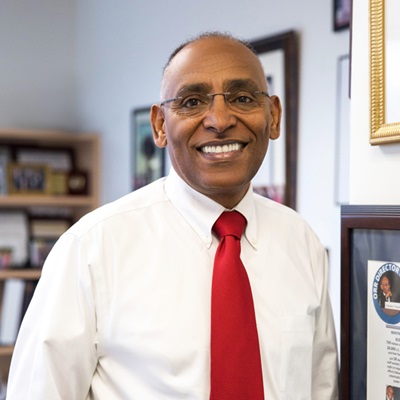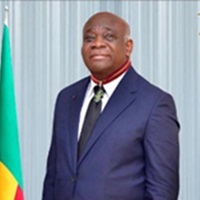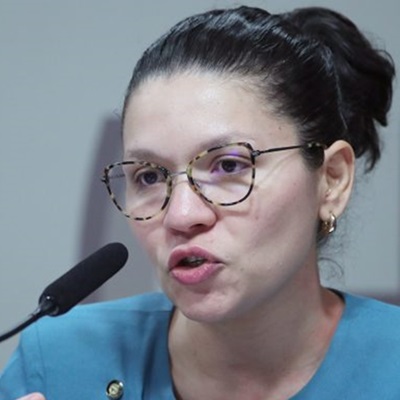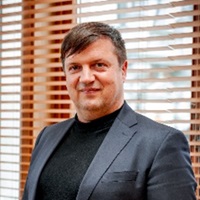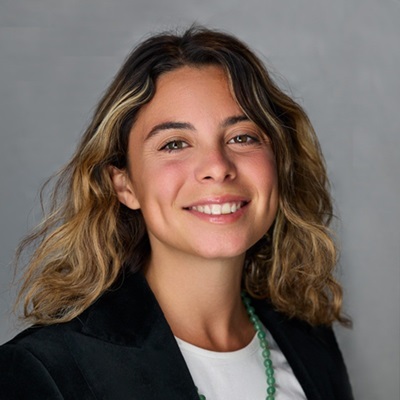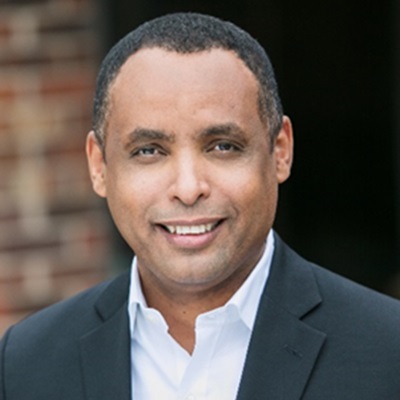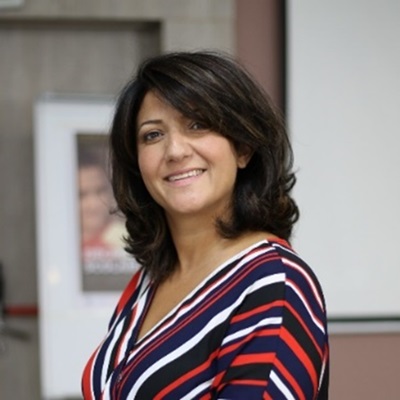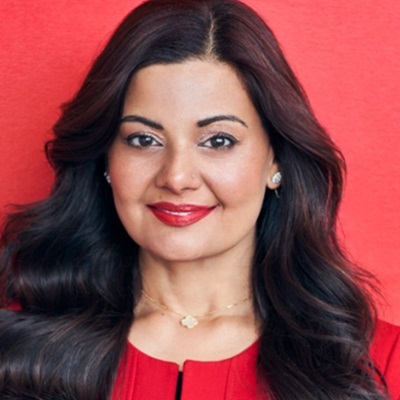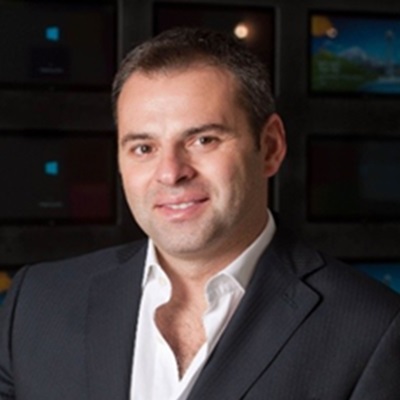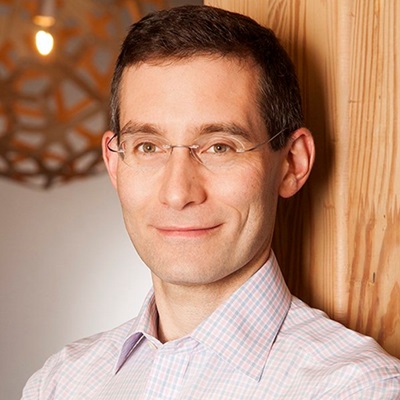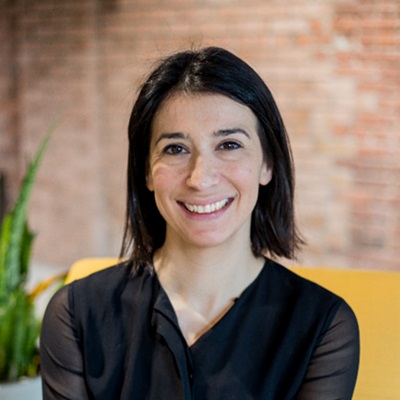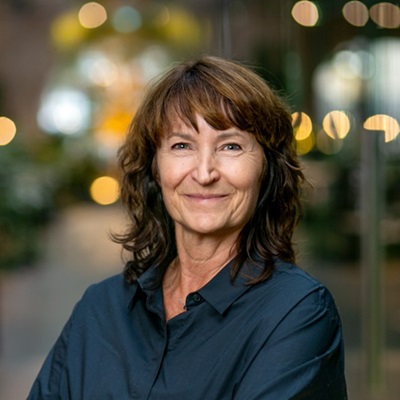-
Who we are
WHO WE AREThe International Organization for Migration (IOM) is part of the United Nations System as the leading inter-governmental organization promoting since 1951 humane and orderly migration for the benefit of all, with 175 member states and a presence in 171 countries.
-
Our Work
Our WorkAs the leading inter-governmental organization promoting since 1951 humane and orderly migration, IOM plays a key role to support the achievement of the 2030 Agenda through different areas of intervention that connect both humanitarian assistance and sustainable development.
What We Do
What We Do
Partnerships
Partnerships
Highlights
Highlights
- Where we work
-
Take Action
Take Action
Work with us
Work with us
Get involved
Get involved
- Data and Research
- 2030 Agenda
Throughout history, migration has been one of the forces connecting the world, driving cultural exchange, enriching societies, spurring growth and innovation, and saving lives. The opportunities offered by the movement of people for societies and individuals across the world are clear and have been recognized in the 2030 Agenda for Sustainable Development and the Global Compact for Safe, Orderly and Regular Migration. Together with the Global Compact on Refugees, other relevant international instruments, as well as key regional agreements, these frameworks map out how to ensure and amplify the positive impacts of human mobility and address its challenges.
However, today’s increasingly fragmented world is shaken by conflict, climate change and a fragile global economy. Progress towards the Sustainable Development Goals has faltered, forced migration is the highest on record, millions of people are being displaced by the effects of climate change. Vulnerabilities associated with displacement are often compounded by exploitation, violence and abuse and discrimination along migration routes. These challenges are particularly rife in the context of irregular migration with thousands of people dying each year on unsafe migration journeys, because they see no accessible, safe alternative.
All these factors will continue to shape and drive the movement of people, while putting unprecedented pressure on States, societies and individuals around the world. Global trends point to more migration in the future. This increases the scale of opportunities offered by the movement of people for societies and individuals across the highly interconnected and interdependent world, as well as the potential costs of not adequately addressing it. A major positive shift in how migration is approached is critical.
Regular pathways for migration are integral to delivering on the promise of migration to address global challenges. Where and how people migrate, and with what outcomes, depends largely on the options available to them. The evidence highlights that the currently available options are insufficient for the complex, shifting contexts of today and tomorrow. There is a need to strengthen regular migration pathways and to mitigate the risks of deepening divides and exacerbating inequalities globally. A comprehensive approach to facilitating regular pathways must draw on both Global Compacts and other relevant frameworks, and be coupled with other measures to save lives, minimize and deliver solutions for displacement, as well as to combat irregular migration, and provide for safe and dignified returns and sustainable reintegration. Change and innovation are urgently required to enable functional and impactful regular pathways as a key element of safe, orderly and regular migration.
This International Dialogue on Migration session will bring States and diverse partners together to explore how to create more and better opportunities for people to move in a regular and beneficial way as part of a comprehensive approach to human mobility. This will include exploring policy, operational and technical cross-sectoral solutions that are needed throughout the migration cycle, from pre-migration to admission, stay, exit, eventual return and reintegration or onward migration. This discussion will be taking place in the context of ongoing GCM Regional Reviews and ahead of the UN Summit of the Future. Joint action to achieve real progress in the migration and asylum space is critical for a better future. Such action must be a key part of wider efforts to accelerate progress towards the Sustainable Development Goals, enable adaptation to climate change, fill labour shortages, manage demographic transitions, provide safety to those fleeing violent conflicts and facilitate alternatives to dangerous, abusive, and exploitative irregular journeys.
- WHAT IS THE AIM OF THIS SESSION?
-
This IDM session aims to bring together a wide range of stakeholders, including States, United Nations system organizations, civil society, the private sector and migrants and their communities to promote a global, multilateral conversation on how to seize the opportunities and address the challenges of migration while supporting vulnerable populations in an increasingly interdependent and complex world.
- WHAT ARE THE EXPECTED OUTCOMES OF THE SESSION?
-
This session will contribute to:
- An evidence-based understanding of the challenges and opportunities for migration today and tomorrow, including geopolitical crises and scaling-up of solutions, as well as ways to address gaps in current knowledge.
- Identifying innovative and cutting-edge solutions that governments at local, national, and regional levels have already put in place or could develop in the future, to harness the potential of regular pathways for migration as part of a 360-degree approach to human mobility.
- Unpacking how multilateral action and broad-based partnerships including private sector, diasporas and local communities, at the national, regional and global levels to facilitate regular and safe pathways for migration contribute to the response to some of the most distressing crises in the world, supporting integration and the transition to peace and prosperity.
- Understanding how to achieve more accessible, people-centered, rights-based, accessible, sustainable and safe regular pathways, including key policy, operational and technical solutions that should be in place throughout the migration cycle.
- KEY FINDINGS
IDM 2024 PROGRAMME
Welcome session
21 May, 2024 | 10:00 a.m. - 10:30 a.m. (EDT)
-
 Ms Amy PopeDirector General, International Organization for Migration (Keynote Speaker)
Ms Amy PopeDirector General, International Organization for Migration (Keynote Speaker)Ms. Amy Pope of the United States of America began her five-year term as the eleventh Director General (DG) of the International Organization for Migration (IOM) on 1 October 2023. She is the first woman Director General of IOM.
DG Pope is a dynamic leader with demonstrated experience in addressing complex migration issues and bringing transformative change across organizations. Prior to her historic election, DG Pope was IOM’s Deputy Director General (DDG) for Management and Reform. During her tenure as DDG, Ms. Pope implemented a series of budgetary, management and administrative reforms to optimize IOM’s field delivery and risk management, enhance internal justice outcomes and operational results, and strengthen coordination with the United Nations system.
Ms Amy Pope
Director General, International Organization for Migration (Keynote Speaker) -
 H.E. Mr Adonia AyebareAmbassador Extraordinary and Plenipotentiary, Republic of Uganda
H.E. Mr Adonia AyebareAmbassador Extraordinary and Plenipotentiary, Republic of UgandaAmbassador Adonia Ayebare is Uganda's Permanent Representative at The United Nations in New York. He was formally Senior Adviser Peace and Security at the African Union Permanent Observer Mission at The United Nations in New York. He also served as the Deputy Permanent Represeentative and Charge' d'Affaires of Uganda to the United Nations. He also served as the Director of the Africa Program at International Peace Institute in New York. Ambassador Ayebare is a career Journalist by training and has been published by regional and international publications.
H.E. Mr Adonia Ayebare
Ambassador Extraordinary and Plenipotentiary, Republic of Uganda -
 Ms Amina J. MohammedDeputy Secretary-General at the United Nations
Ms Amina J. MohammedDeputy Secretary-General at the United NationsAmina Jane Mohammed is a British Nigerian diplomat and politician who is serving as the fifth Deputy Secretary-General of the United Nations. She took office on January 1, 2017 alongside Secretary General Antonio Guterres, following the end of Ban Ki Moon and Jan Eliasson’s tenure. Previously, she was Nigerian Minister of Environment from 2015 to 2016 and was a player in the Post-2015 Development Agenda process. Ms. Mohammed first joined the United Nations in 2012 as Special Adviser to former Secretary-General Ban Ki-moon with the responsibility for post-2015 development planning.
Ms Amina J. Mohammed
Deputy Secretary-General at the United Nations -
 Mr Felipe PaullierAssistant Secretary-General for Youth Affairs, United Nations Youth Office
Mr Felipe PaullierAssistant Secretary-General for Youth Affairs, United Nations Youth OfficeUnited Nations Secretary-General António Guterres announced on 27 October 2023 the appointment of Felipe Paullier of Uruguay as the first Assistant Secretary-General for Youth Affairs. The United Nations Youth Office was established by the General Assembly to lead the engagement and advocacy for the advancement of youth issues across the United Nations and to promote the meaningful, inclusive and effective engagement of youth, youth-led and youth-focused organizations in the work of the United Nations.
Mr Felipe Paullier
Assistant Secretary-General for Youth Affairs, United Nations Youth Office
Closing session
22 May, 2024 | 5:30 p.m. - 5:45 p.m. (EDT)
-
 H.E. Ms. Paula NarváezPresident of the Economic and Social Council and Ambassador and Permanent Representative of Chile to the United Nations, New York
H.E. Ms. Paula NarváezPresident of the Economic and Social Council and Ambassador and Permanent Representative of Chile to the United Nations, New YorkJuly 2023. Ambassador Paula Narváez is currently the Ambassador and Permanent Representative of Chile to the United Nations in New York. Her Excellency Paula Narváez assumed her duties as Permanent Representative of Chile to the United Nations on 08 June 2022. Before this latest appointment, Ms. Narváez was the Officer-in-Charge at the United Nations Entity for Gender Equality and the Empowerment of Women (UN-Women) in Guatemala, from February to May 2022. She also served as Socio-Political Adviser at the UN-Women Regional Office for Latin America and the Caribbean, from October 2021 to February 2022, and Regional Adviser for Governance and Political Participation in the same office, from 2018 to 2020.
H.E. Ms. Paula Narváez
President of the Economic and Social Council and Ambassador and Permanent Representative of Chile to the United Nations, New York -
 Ms Ugochi DanielsIOM Deputy Director General for Operations
Ms Ugochi DanielsIOM Deputy Director General for OperationsMs. Ugochi Daniels was appointed as IOM's Deputy Director General of Operations, taking office on September 1, 2021. Prior to joining IOM, Ugochi Daniels was the Chief of Staff at the United Nations Relief and Works Agency for Palestine Refugees (UNRWA), covering Jordan, Lebanon, Syria, and the Occupied Palestinian Territory. She was also the United Nations Resident Coordinator and Designated Official for Security in the Islamic Republic of Iran from 2018 to 2020. From 2013 to 2018, Ugochi Daniels was the Chief of the Humanitarian and Fragile Contexts Branch at the United Nations Population Fund (UNFPA) Headquarters, covering over seventy countries where UNFPA was responding to emergencies. Her stint at UNFPA includes assignments in the Philippines (Country Representative, 2010–2013) and Nepal (Deputy Representative, 2007–2010).
Ms Ugochi Daniels
IOM Deputy Director General for Operations -
 H.E. Mr. Dennis FrancisPresident of the 78th Session of the United Nations General Assembly
H.E. Mr. Dennis FrancisPresident of the 78th Session of the United Nations General AssemblyAmbassador Dennis Francis has had a career spanning approximately 40 years in the Diplomatic Service of Trinidad and Tobago. For 18 of those years of unbroken service, he held the rank of ambassador until his compulsory retirement from career service in 2016. According to Mr. Francis, he has the distinction of being his country’s longest-serving ambassador. Before demitting office as Director of Multilateral Relations, he functioned as Senior Adviser to the Minister for Foreign Affairs on all multilateral-level matters, including climate change and the negotiations on the 2030 Agenda for Sustainable Development.
H.E. Mr. Dennis Francis
President of the 78th Session of the United Nations General Assembly















